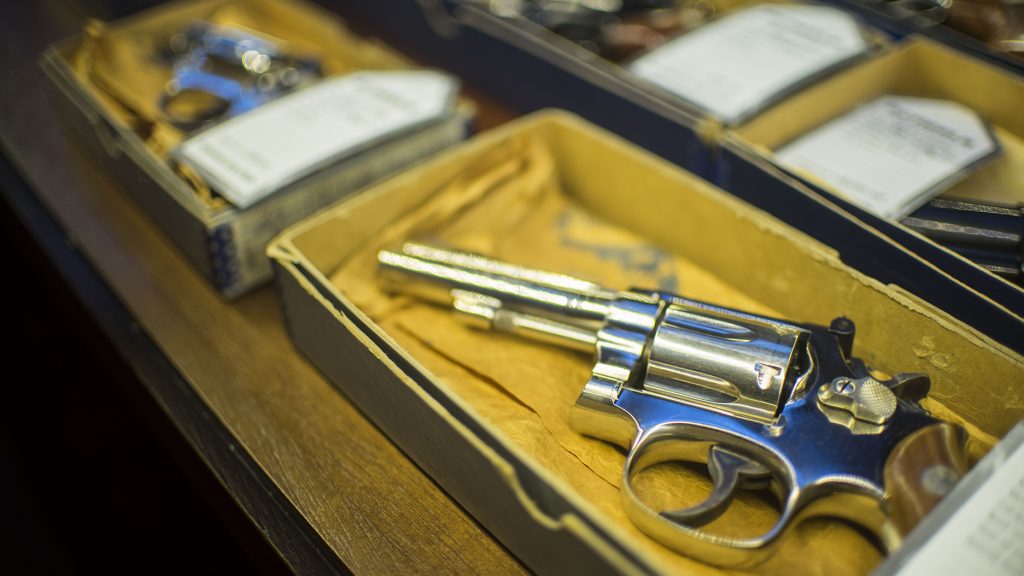By Julia Shanahan
[email protected]
Sen. Chuck Grassley, R-Iowa, a chairman of the U.S. Senate Judiciary Committee, released a statement on Wednesday that said federal agencies and states needed to improve their reports to the National Instant Criminal Background Check System [NICS.]
NICS is used by people licensed to sell firearms, and this system relies on the reports from federal agencies and states so that the firearms are not sold to potentially violent or unstable people.
According to a 2015-16 press release from Grassley’s office, 30 percent of convictions from the Department of Defense were not reported to the FBI.
Grassley said in a Nov. 29 press call that he offered revisions to the bill to the U.S. Senate that report on the shortfalls of NICS, and used the shooting in Sutherland Springs, Texas as an example.
“If you remember the killing in Texas– the former military person who did the killings had been in a mental health hospital. He had marital problems and domestic abuse problems. The military there in that base in New Mexico should have notified the FBI. This guy would have never been able to buy the guns that he used,” Grassley said.
RELATED: Gun regulation, or lack of, in spotlight
Taylor Foy, Grassley’s Press Secretary on the Senate Committee on the Judiciary, said that the ATF has list of about ten circumstances in which someone would be unable to purchase a firearm.
He said the issue is that there should be more people being reported, and they should be being reported when they show signs of being a part of those circumstances. By law, people who are prohibited from purchasing firearms need to be reported to those databases.
“For a system to work those people need to be reported to the NICS database,” Foy said.
NICS partnered with the FBI in order to increase the amount of information available to them. There are 45 million disqualifying cases according to mental health issues in the NICS system, which are entered in the case that the individual chooses to apply for the purchase of a firearm.
Sen. John Cornyn, R-Texas, said in the hearing that there are two problems in the background check system, and the Department of Defense is a huge gaping hole.
RELATED: Iowa politicians respond to Las Vegas mass shooting
“It is extremely complex because it’s not just criminal history. It’s domestic disputes and mental health, and we have to do better,” Cornyn said.
The senators also spoke about the legality of bump stocks. The Las Vegas shooter, Stephen Paddock, used a bump stock, which in turn increased his weapon’s firing power. According to the press release, the ATF is now applying the statutory definition for “machinegun” to bump stocks and other similar devices. This would make it increasingly harder for individuals to obtain a bump stock.
Jeremy Brigham, an Executive Director for Iowans for Gun Safety, said he opposed the concealed carry laws in Iowa and the Concealed Carry Reciprocity Act that received a bipartisan vote in the U.S. House of Representatives on Wednesday. He said his organization has spoken out against bills it opposes, attended press conferences, and communicated with board members on pieces of legislation.
Brigham supports efforts to ban the purchase of bump stocks.
“I think that Iowa needs to have laws that protect Iowans,” Brigham said.



